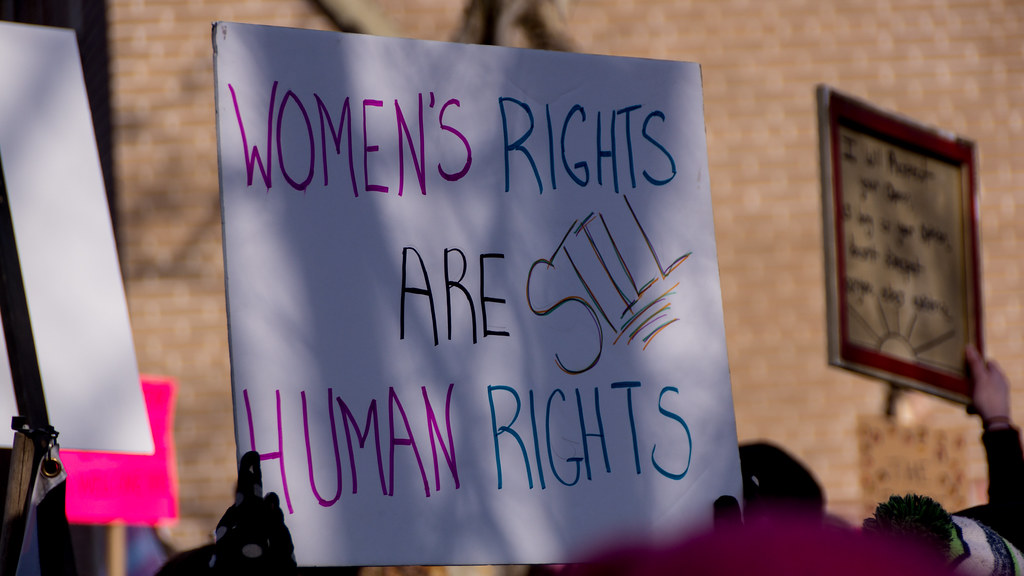Secondary menu
IHRP Working Group: Women’s Human Rights Resources
Providing the Information Needed to Study and Understand Human Rights Issues
By: Aliya Hemani (3L) and Megan Peters (3L) Credit: Creative Commons
Credit: Creative Commons
Group Leads: Aliya Hemani (3L) and Megan Peters (3L)
Group Members: Naxi Aze (2L), Isabell Brisson (2L), Julia Colombo (1L), Rachel Gertin (2L), Kinsey Greenfield (3L), Maebh Kelly (2L), Cathleen Ma (1L), Megan Raber (1L), Kitt (Katrina) Sellinger (1L), Caroline Tolton (2L)
When and why was this working group instituted? What are the objectives of this working group?
The Women’s Human Rights Resources (“WHRR”) Working Group was initiated in 2011 to keep the WHRR database current and ensure its upkeep in future years. The WHRR database was created in 1995 and has since become an important tool for human rights defenders, professionals, international law scholars, and students across the globe. The database provides annotations for key UN documents and leading scholarly articles on a range of topics, from economic globalization to reproductive rights to armed conflict. The objective of our group’s work is for this database to serve as a roadmap for scholarly and academic research, thereby facilitating and spreading research across the globe. Each entry in the database is comprised of a cited source followed by a 150-word annotation that summarizes the material in a cogent and thoughtful way.
How has the work of this group changed in recent years?
In line with the recent shift in focus of UofT law's International Human Rights Program, the WHRR working group has placed a greater emphasis on researching the database’s themes in relation to the contemporary Canadian context this academic year. In addition, we have recently expanded the range of topics covered by the WHRR database to respond to shifting priorities in human rights work. Namely, our group is working to add content relating to the newly included topics of climate justice, corporate accountability, and Indigenous women.
How does this working group contribute to the IHRP experience?
For University of Toronto Faculty of Law students, participation in the group is an effective and rewarding way to develop legal research and writing skills on important and interesting topics outside of the classroom. Group members may gain foundational knowledge on the latest developments in key areas of women’s human rights work while simultaneously contributing to the growth of the University of Toronto Faculty of Law’s own resource database to promote the dissemination of research and information on women’s human rights.
The Women’s Human Rights Resources Database can be accessed at https://library.law.utoronto.ca/womens-human-rights-resources-programme-whrr. The Women’s Human Rights Resources Database will be updated with the 2024 cohort’s work in summer 2024.
